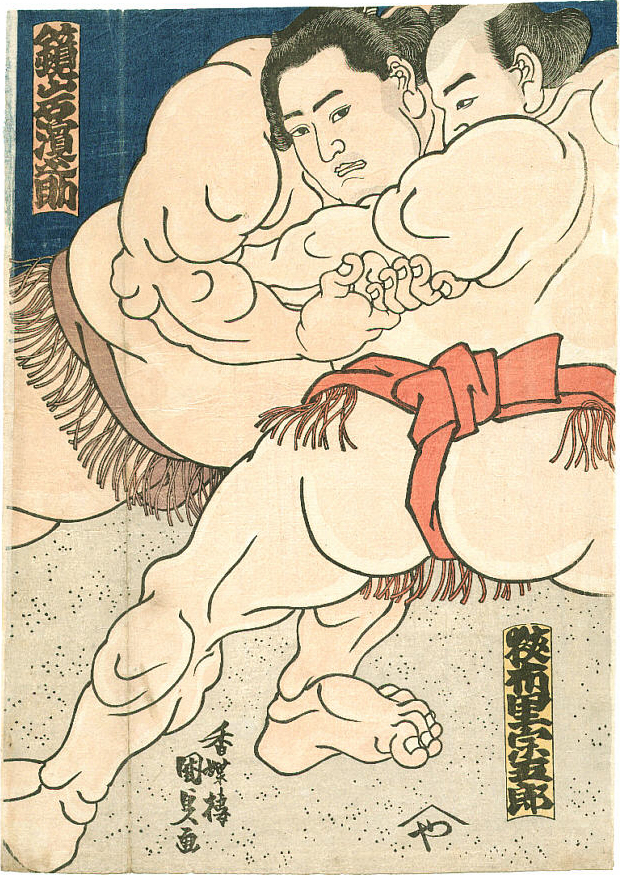Stamp: Building (Equatorial Guinea 1974)
Building (Equatorial Guinea 1974)
25 September (Equatorial Guinea ) within release 75 Year Barcelona goes into circulation Stamp Building face value 60 Equatorial Guinean ekuele
| Stamp Building in catalogues | |
|---|---|
| Michel: | Mi:GQ 451 |
| Yvert et Tellier: | Yt:GQ PA47B |
Stamp is square format.
Also in the issue 75 Year Barcelona:
- Stamp - Alcantara face value 3;
- Stamp - Samitier face value 5;
- Mini Sheet - 75 Year Barcelona face value 102;
- Stamp - Gamper face value 1;
- Stamp - Cruyff face value 10;
- Stamp - Football face value 15;
- Stamp - Building face value 60;
|
Data entry completed
46%
|
|
|---|---|
| Stamp Building in digits | |
| Country: | Equatorial Guinea |
| Date: | 1974-09-25 |
| Perforation: | 13¼ |
| Format: | Stamp |
| Face Value: | 60 Equatorial Guinean ekuele |
Stamp Building it reflects the thematic directions:
Sports, are all usually forms of competitive physical activity or games which, through casual or organised participation, aim to use, maintain or improve physical ability and skills while providing enjoyment to participants, and in some cases, entertainment for spectators. Usually the contest or game is between two sides, each attempting to exceed the other. Some sports allow a tie game; others provide tie-breaking methods, to ensure one winner and one loser. A number of such two-sided contests may be arranged in a tournament producing a champion. Many sports leagues make an annual champion by arranging games in a regular sports season, followed in some cases by playoffs. Hundreds of sports exist, from those between single contestants, through to those with hundreds of simultaneous participants, either in teams or competing as individuals. In certain sports such as racing, many contestants may compete, each against each other, with one winner.
A building or edifice is a structure with a roof and walls standing more or less permanently in one place, such as a house or factory. Buildings come in a variety of sizes, shapes and functions, and have been adapted throughout history for a wide number of factors, from building materials available, to weather conditions, to land prices, ground conditions, specific uses and aesthetic reasons. Buildings serve several needs of society – primarily as shelter from weather, security, living space, privacy, to store belongings, and to comfortably live and work. A building as a shelter represents a physical division of the human habitat (a place of comfort and safety) and the outside (a place that at times may be harsh and harmful).
Football or soccer, is a team sport played between two teams of eleven players with a spherical ball. It is played by 250 million players in over 200 countries and dependencies making it the world's most popular sport. The game is played on a rectangular field with a goal at each end. The object of the game is to score by getting the ball into the opposing goal. Players are not allowed to touch the ball with their hands or arms while it is in play, unless they are goalkeepers (and then only when within their penalty area). Other players mainly use their feet to strike or pass the ball, but may also use their head or torso. The team that scores the most goals by the end of the match wins. If the score is level at the end of the game, either a draw is declared or the game goes into extra time or a penalty shootout depending on the format of the competition. The Laws of the Game were originally codified in England by The Football Association in 1863. Association football is governed internationally by the International Federation of Association Football (FIFA; French: Fédération Internationale de Football Association), which organises World Cups for both men and women every four years.



